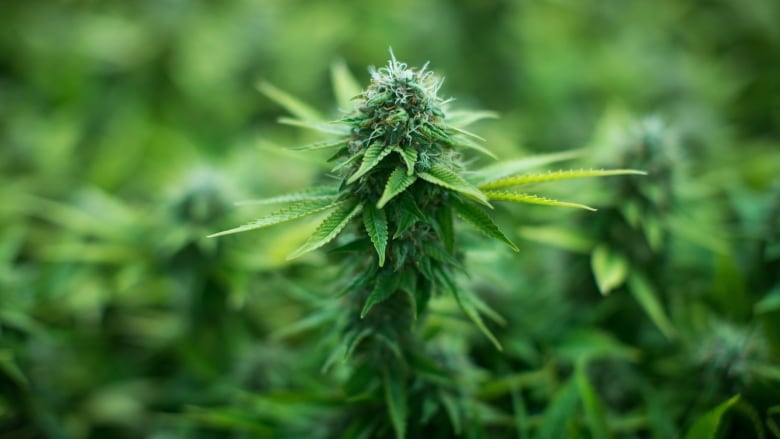Weed & mental health: Canada's legalization creates research challenges, opportunities
Hundreds of compiled studies still leave questions

Studying the connection between recreational cannabis use and mental health outcomes is a huge opportunity for researchers, thanks to Canada's completely legal framework, butthe state-by-state approach south of the border may be a fly in the ointment.
"We wanted to know the current knowledge base of cannabis and mental health to support future research and policy development in Canada," Fiona Clement told The Homestretch.
"We found over a thousand studies, but there are still many, many gaps."
Clement is an associate professor at the University of Calgary and the lead researcher in a new study, Cannabis and Mental Health: Priorities for Research in Canada.

"What we know from reading hundreds of studies, there is an association between cannabis use and mental health, but what we don't know is about causation," she said.
"Many of these studies use a design that cannot tell you anything aboutwhether cannabis use leads to mental health disorders or for people who have mental health disorders, whether cannabis use is more common."
Some of the studies, done in jurisdictions where cannabis is illegal, include many factors on top of cannabis use. And people are often hesitant to report or they underreport when self-reporting the use of an illegal drug.
"Many of these studies also assessed things like other substance use, exposure to traumatic events, multiple negative social determinants of health," Clement said.
Cannabis among weakest factors
"When we look at all the factors, although there was an association between cannabis and mental health outcomes, often it was amongthe weakest. It is important to remember that broader context with a lot of different factors making a contribution."
University of Calgary is partnering with the Mental Health Commission of Canada moving forward.
"Canada is the only westernized nation with a completely legal framework at all levels, so we have a natural advantage here. It's an exciting opportunity for Canadian researchers and also a responsibility for us to learn as much as we can and share that."
The commission says the research will have significant future use.
"The results of this report will help inform and set new research priorities in Canada," Ed Mantler said in a release.
With files from The Homestretch












_(720p).jpg)


 OFFICIAL HD MUSIC VIDEO.jpg)
.jpg)



























































































